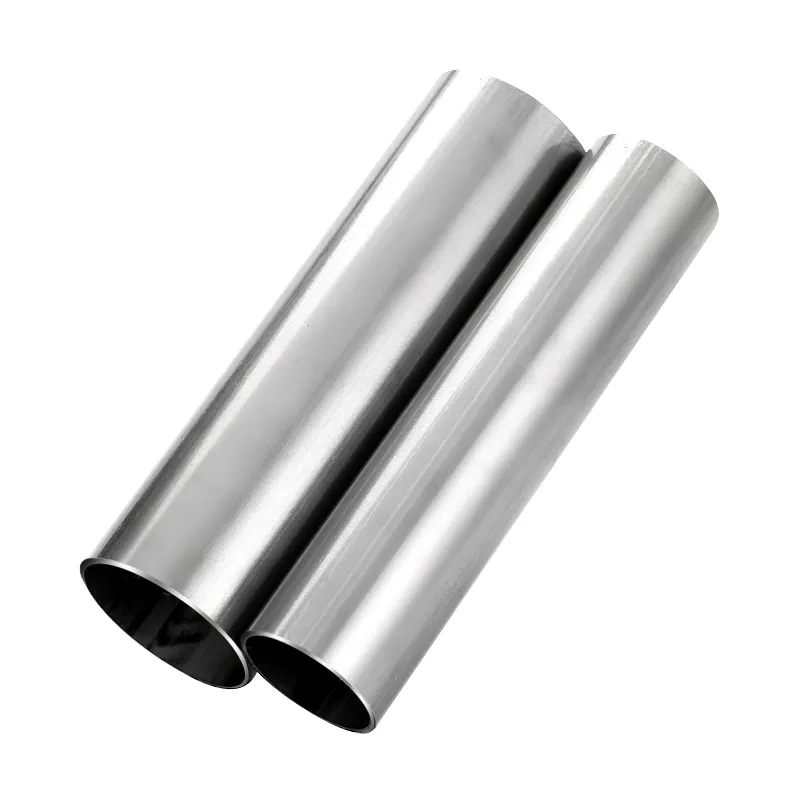
The Role of Automotive Plastic Parts Manufacturers in Modern Vehicle Production
In the fast-evolving automotive industry, the importance of plastic parts cannot be overstated. As vehicles become more complex and the demand for efficiency and sustainability grows, automotive plastic parts manufacturers play a pivotal role in meeting these challenges. From exterior components to interior fittings, the versatility of plastic has reshaped how cars are designed and built.
Firstly, the lightweight nature of plastic is one of its primary advantages. Manufacturers are increasingly focused on reducing vehicle weight to improve fuel efficiency and reduce emissions. Plastic parts can significantly decrease the overall weight of a vehicle compared to traditional materials like metal. For instance, utilizing high-strength polymers in bumpers, dashboards, and even structural components can lead to lighter vehicles, which are not only more economical but also environmentally friendly.
Additionally, the customization potential of automotive plastics is remarkable. Automotive plastic parts manufacturers can produce complex shapes and designs that enhance aesthetic appeal and functionality. Advanced manufacturing techniques, such as injection molding and 3D printing, enable the production of intricate parts that can be tailored to specific vehicle models. This allows for greater design flexibility and can lead to unique branding opportunities for automotive companies.

Sustainability is another significant aspect of modern automotive plastics. With the increasing emphasis on eco-friendly practices, many manufacturers are now focusing on sourcing recycled materials or developing bio-based plastics for vehicle production. This shift not only reduces the carbon footprint of the manufacturing process but also aligns with the growing consumer demand for sustainable products. Automotive plastic parts manufacturers are therefore at the forefront of innovation by exploring new materials and processes that adhere to environmental standards.
Moreover, the global automotive landscape is becoming more competitive, prompting manufacturers to streamline production processes and reduce costs. The ability to mass-produce plastic components efficiently allows automotive companies to meet market demands without compromising on quality. By leveraging automation and advanced production technologies, manufacturers can produce high-quality parts at scale, ensuring that they keep pace with the rapid changes in consumer preferences and regulatory requirements.
In conclusion, automotive plastic parts manufacturers are essential players in the vehicle production process. Their contributions in terms of weight reduction, design flexibility, sustainability, and efficient manufacturing practices not only enhance vehicle performance but also drive the industry towards a more sustainable future. As the automotive sector continues to innovate, the role of plastics and the manufacturers who produce them will undoubtedly become even more significant.